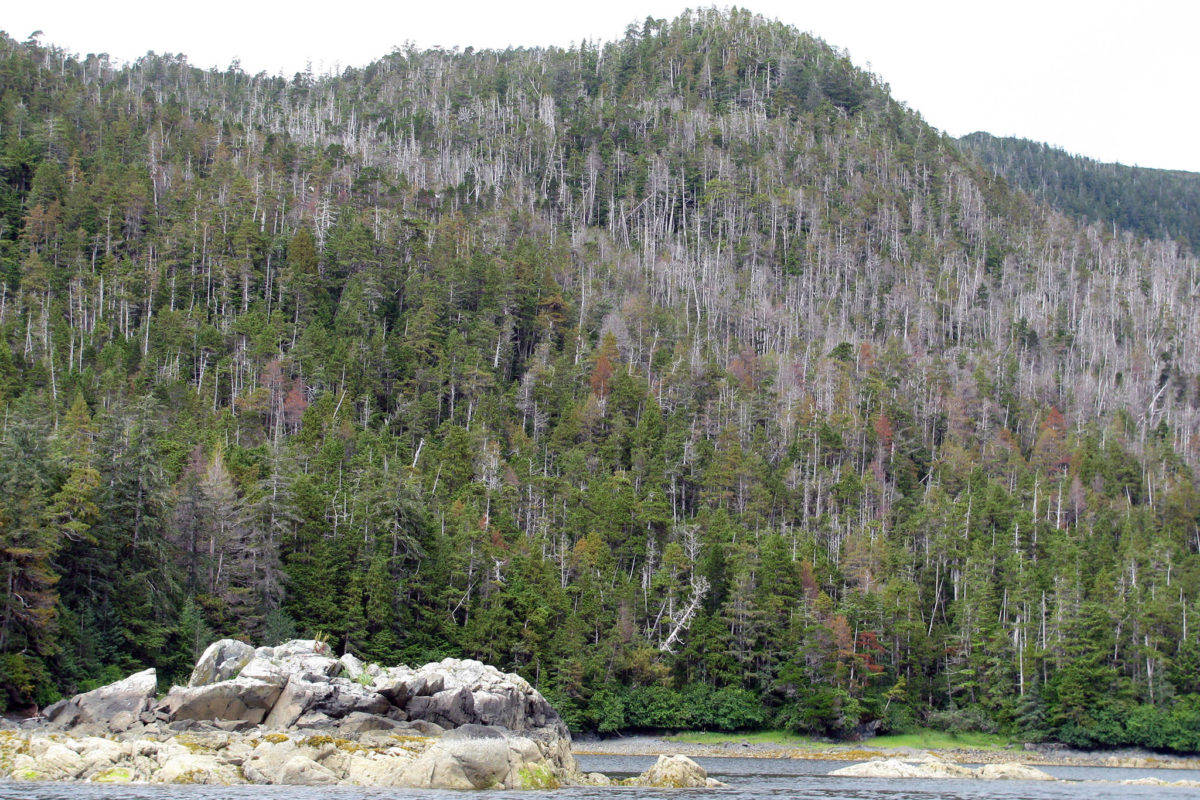The Alaska Department of Fish and Game has released a statement applauded the federal government’s decision not to add two Alaska species to the list of endangered animals.
On Friday, Oct. 4, the U.S. Fish and Wildlife Service declined to add yellow cedar, a tree native to Southeast Alaska to the list of protected species under the Endangered Species Act.
While the Service noted that those trees’ numbers have been in decline as a result of climate change, they concluded the reductions to be “sustainable,” according to a press release Friday.
On Monday, the U.S. District Court in Alaska upheld a ruling in favor of the Service to not list the Pacific walrus, another species native to Alaska, under the same protections.
That ruling stemmed from a case brought by the Center for Biological Diversity against the Service in 2017 following a decision not list the Pacific walrus as a protected species under the ESA.
On Monday, Fish and GAme sent out a press release lauding those decisions, saying that neither were “warranted at this time.”
The press release says the the federal service had worked closely with ADFG when making these decisions.
“Decisions related to the listing of species under the Endangered Species are best made in consultation with states who have trust responsibilities for these species and their habitats,” the release says.
• Contact reporter Peter Segall at 523-2228 or psegall@juneauempire.com.

